All over the world, Covid-19 has led to what's been dubbed the Great Resignation: millions of people, from frontline workers to senior executives, voluntarily calling time on their jobs. Is location-independent work the antidote?
There are a few critical signs to look out for that indicate whether a prospective Employer of Record (EOR) is one that you can trust. And none is more representative than how they price and discuss their services.
It can be difficult to put an exact price on the value of compliant, collaborative, and effective employment support. However, the fees EORs offer can vary widely from provider to provider — and are particularly dependent on your exact needs and demands. Factors like the number of employees you have, the range of regions you want to employ in, or any extra services you may require may have a large impact on how much you can expect to invest in the right EOR.
With that said, these prices should be upfront and clear to you from the outset. Otherwise, you may risk facing larger problems down the road that go beyond paying too much (or too little) for your international employment support. Here, we’re going to explain the costs of hidden or unexpected EOR fees, how you can avoid them, and the high value you receive from a transparently priced provider.
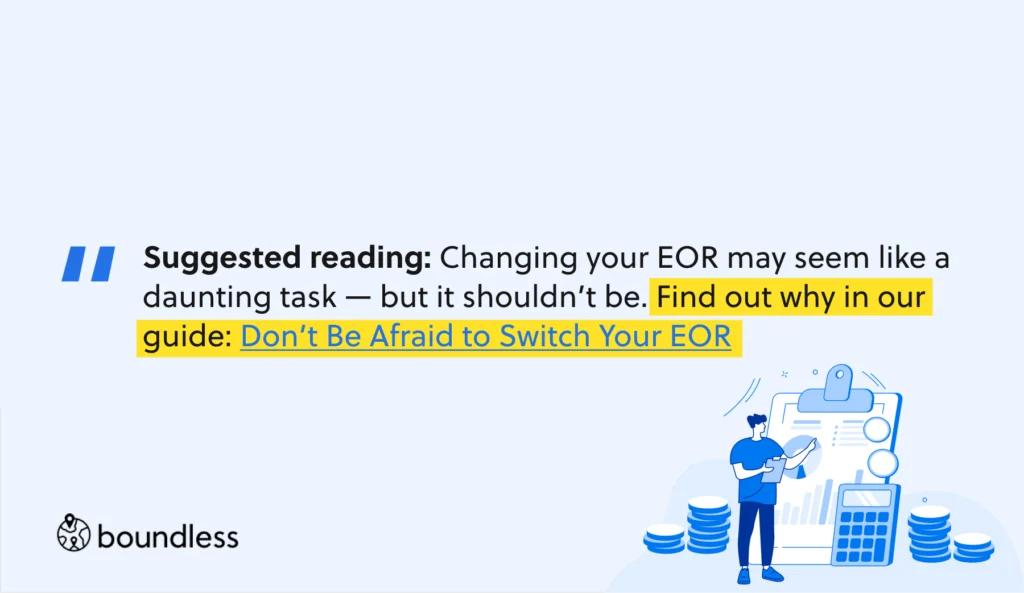
At a base level, an EOR plays a major role in facilitating your business’ internal expansion by handling international employment and managing employees in countries where you don’t have a legal entity. However, there are a whole host of different services that your EOR is responsible for.
Before we go into how you can uncover hidden fees from an EOR, let’s take a look at the most common types of services that these charges often go towards.
There’s a variety of different fee structures that tend to be used by EOR providers. They typically range between offering:
While multiple components go into the full scope of what an EOR can do for your business, standard services you can expect to see within a base fee include:
It’s important to note that these are essential services and don’t necessarily cover the more advanced support you may need out of your EOR.
Other areas you may need ample, expert-led guidance on include visa and immigration support, employee termination assistance, specialised tax advice, and international payroll guidance.
This is where the dilemma of additional services comes into play — and often where fees end up getting hidden.
In a nutshell, hidden fees come about when an EOR isn’t being entirely transparent or proactive about its pricing models. For example, some providers charge different fees for different countries, which can be difficult to keep track of. Others stick to describing their fees in percentages, which aren’t always clear.
This also ties into certain tasks that an EOR may deem additional or “ad-hoc” to their standard offers, like currency conversion fees, expedited service requests, or complex regulatory compliance issues in certain jurisdictions. These sorts of functions can easily build up and lead to you paying more than you would have estimated when you partnered with the EOR to begin with.
Let’s break down some common scenarios where this could happen (including instances we’ve seen for ourselves in the EOR space):
And that’s just the tip of the iceberg. There are multiple ways you risk being overcharged when you partner with an EOR that isn’t fully clear about how they charge their services.
Thorough research and interviewing are incredibly important before you choose an EOR. You’re never going to know how truly effective a provider is until you’re actively working with them — so you want to make sure that you’re doing your due diligence.
That’s especially important to do when you’re trying to understand the full scope of services and associated costs of working with an EOR. Asking your potential EOR clear, direct questions on their fees, services, and support ensures that you won’t have any surprises after signing the contract.
So essential questions you should be asking include:
In an ideal world, any EOR you pose the above questions to will be ready with clear-cut answers. But, there are a host of red flags to watch out for if you end up receiving:
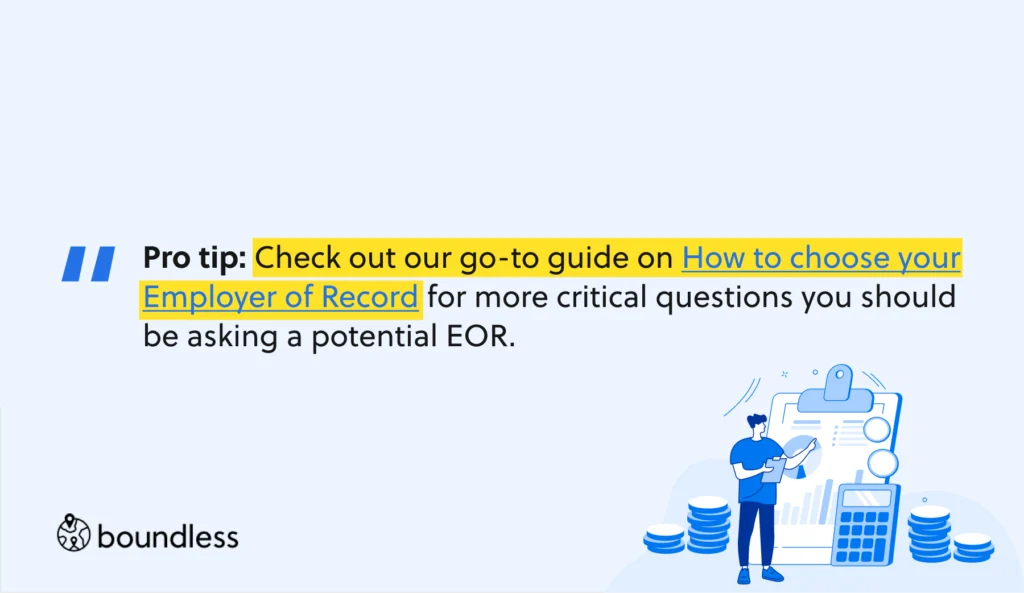
With the above in mind, it’s important to remember that an EOR is ultimately responsible for providing you support and clarity — rather than having to make you work for it. If you’re not immediately clear on an EOR’s pricing from their website alone, then it’s a glaring sign that they may not be the right one for your business.
At Boundless, for example, we developed a menu of services to give our clients a total picture of our ranging fees. Experience taught us that our different clients will have different needs and it would only make sense to package those differing services. We also understood that, as our clients’ team sizes grow, so do the needs and risks attached. So, while we offer advice based on the number of people that will be employed upon signing, we eliminate the need for a client to tie themselves to a specific package that’s purely based on size by also offering add-on services — including consultations.
Uncovering and avoiding hidden EOR costs shouldn’t be a job that sits solely with you. The right EOR will take responsibility for giving you pricing quotes that are:
If there’s one role that should sit with you, it’s to seek out a dependable and unambiguous EOR to partner with. And if you want an example of what an upfront fee model looks like, take a look at our recently revamped Pricing structure.
If you have any more questions on the world of EORs (pricing-related or not!), don’t hesitate to book a chat.

All over the world, Covid-19 has led to what's been dubbed the Great Resignation: millions of people, from frontline workers to senior executives, voluntarily calling time on their jobs. Is location-independent work the antidote?

Running a global, remote-based organisation carries a raft of HR compliance challenges. But fear not! We’ve come up with a simple guide to help you meet these challenges head-on and establish yourself as a leading, people-first employer.
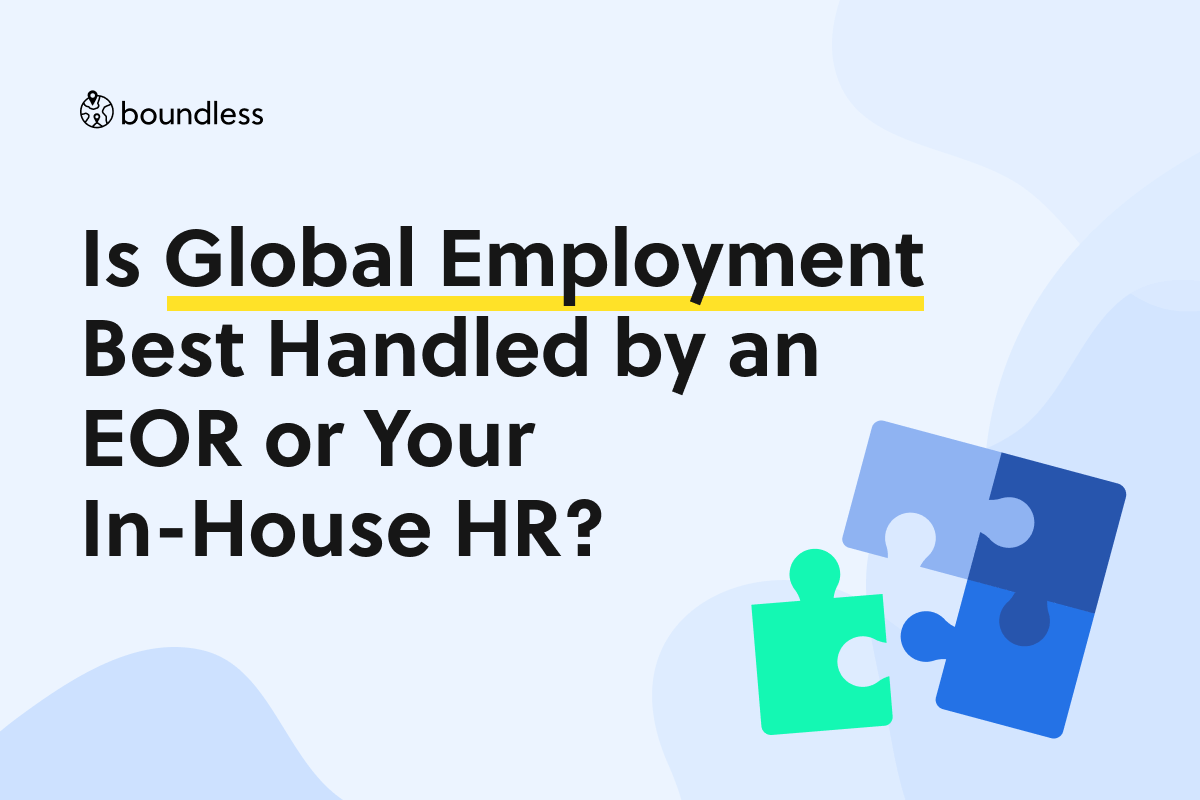
Explore the pros and cons of an EOR versus in-house HR for global employment, ensuring compliance and efficiency in international expansion.

Considering employing someone in France? To employ someone there, you need to be a registered employer. Get a full overview of what employing someone in France would take and see all the obligations you will have as an employer.
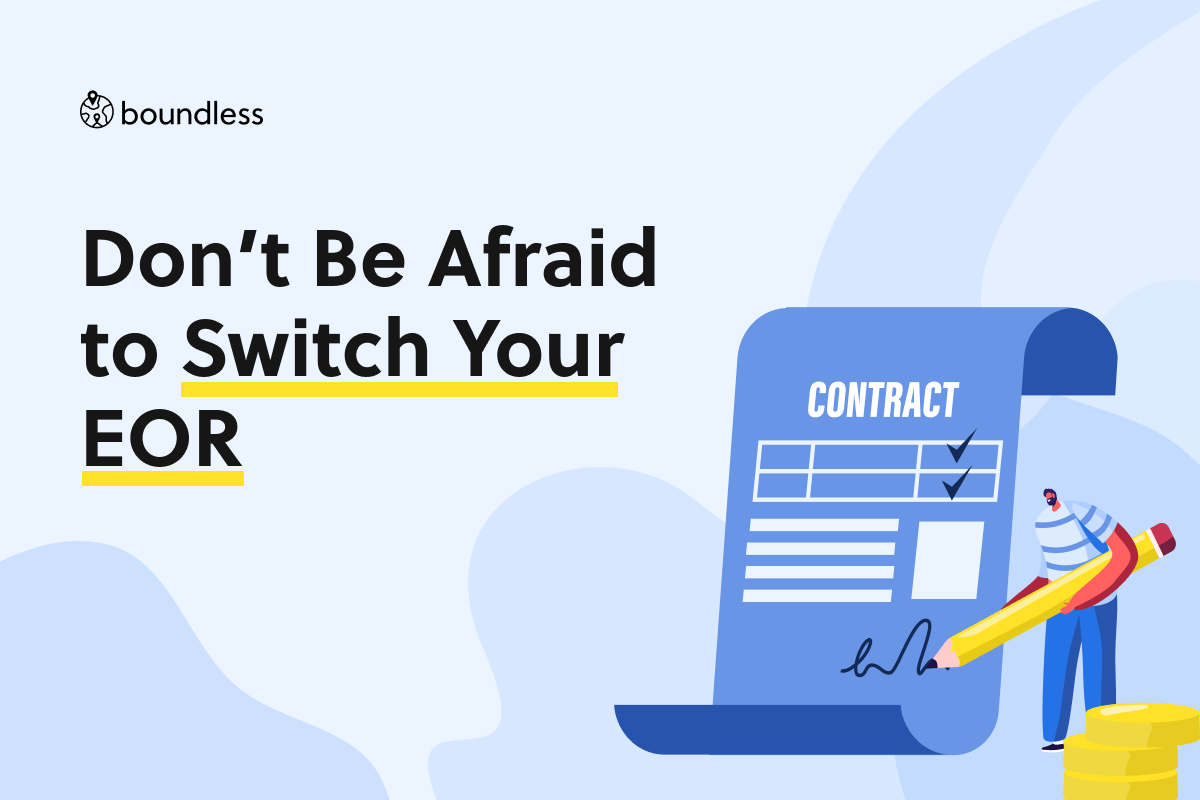
If you are thinking about changing your Employer of Record (EOR), then it’s normal to have some concerns. But don’t let that stop you from acting on the important reasons you’re considering the switch in the first place.
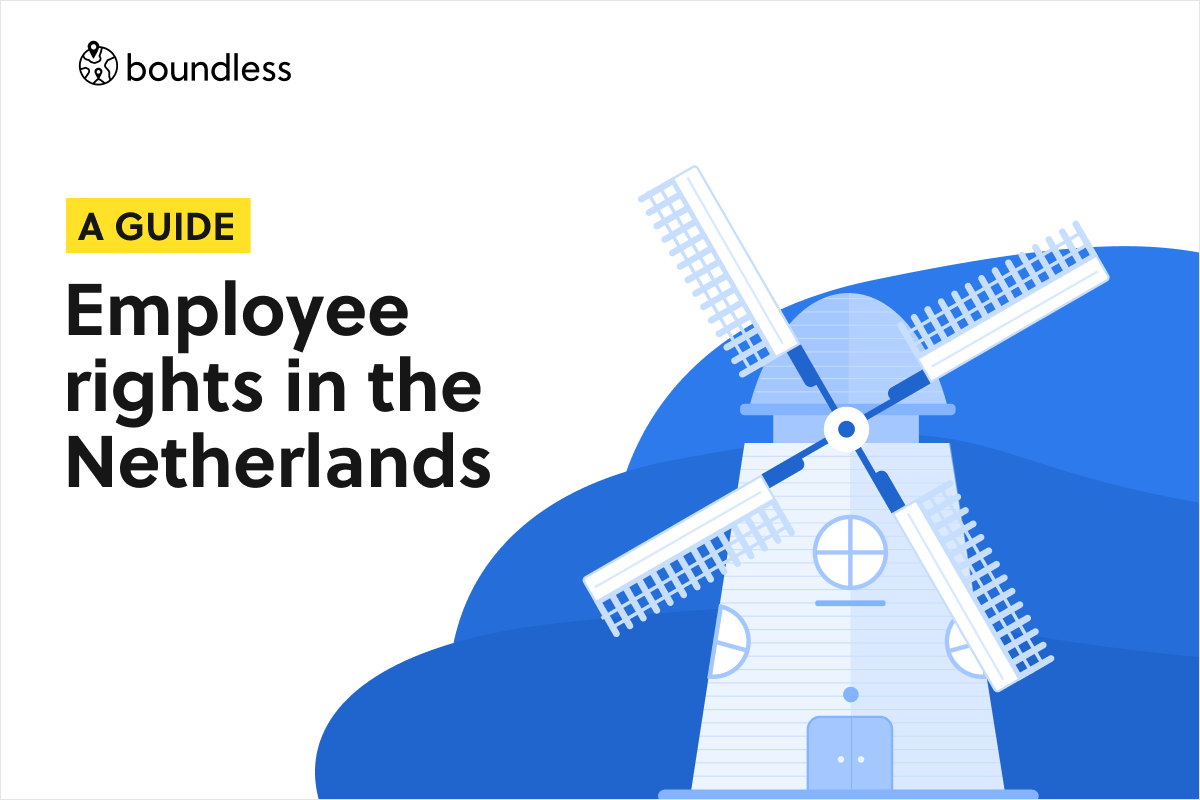
Considering employing someone in The Netherlands? To do that compliantly, an employer has a lot of obligations they have to fulfil. One comprehensive and important topic is the set of local employee rights a remote worker in The Netherlands is entitled to.